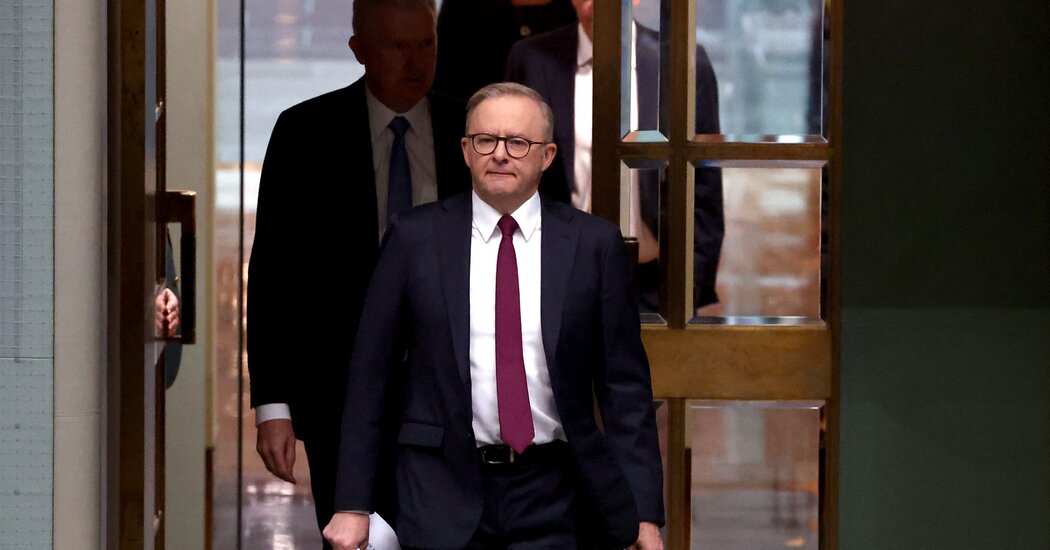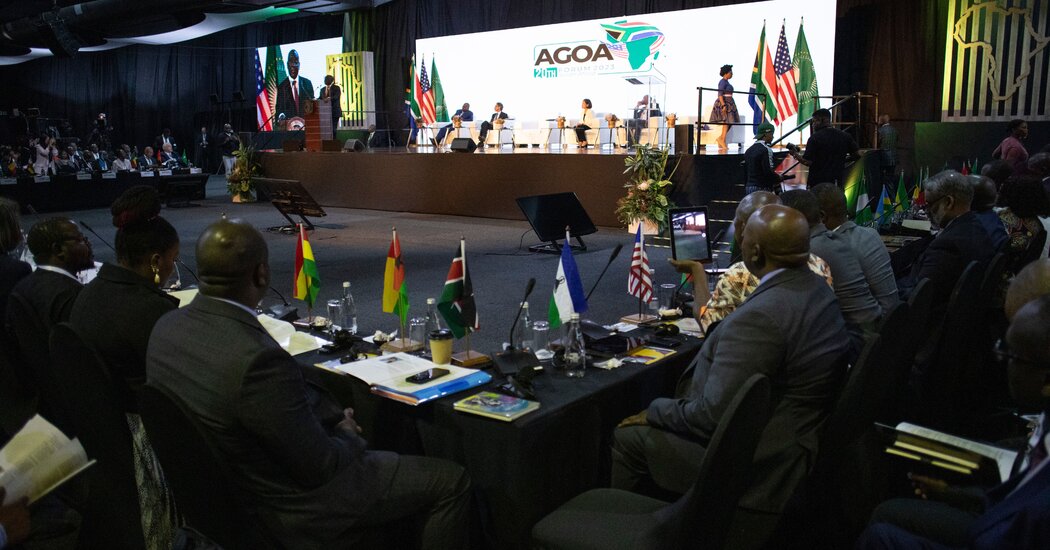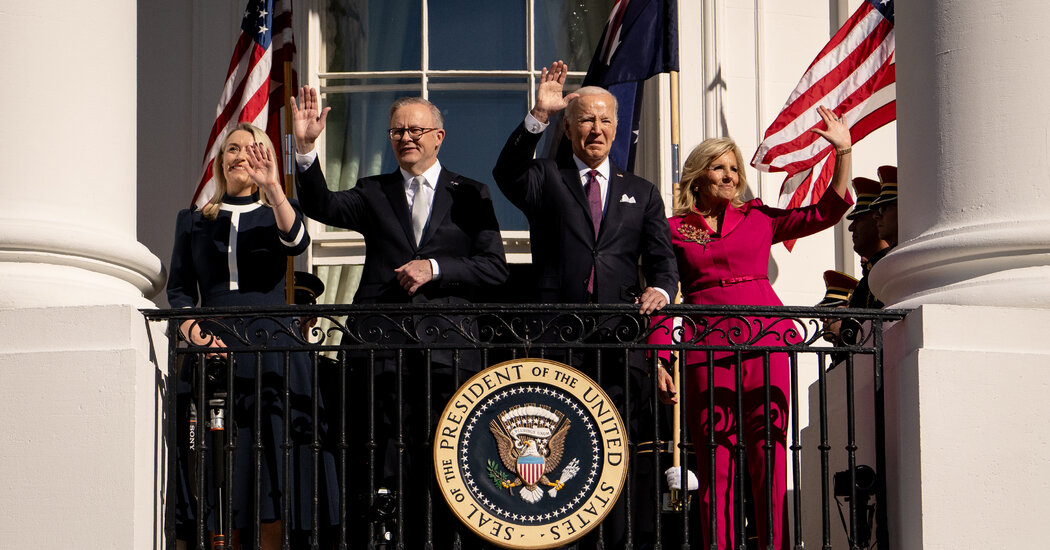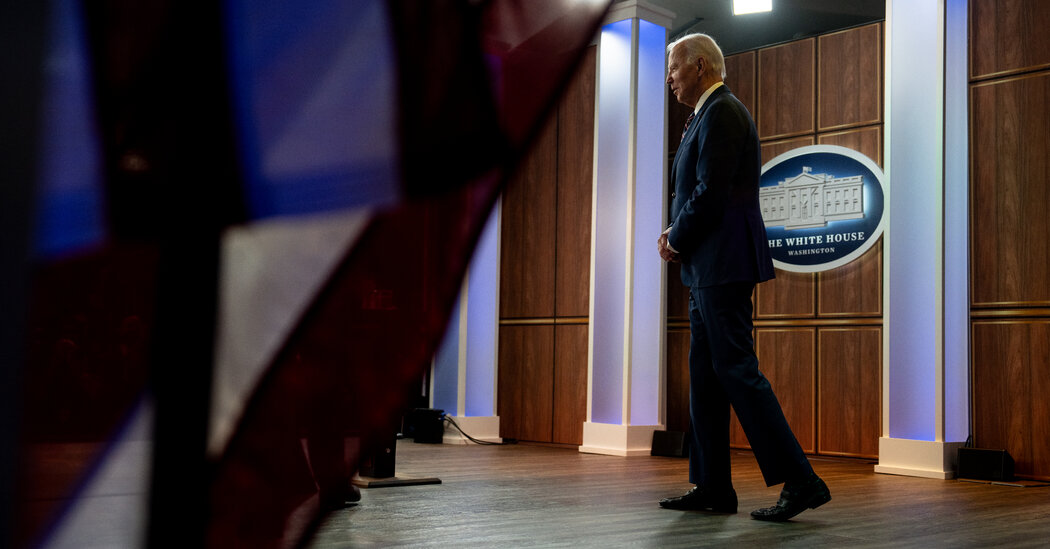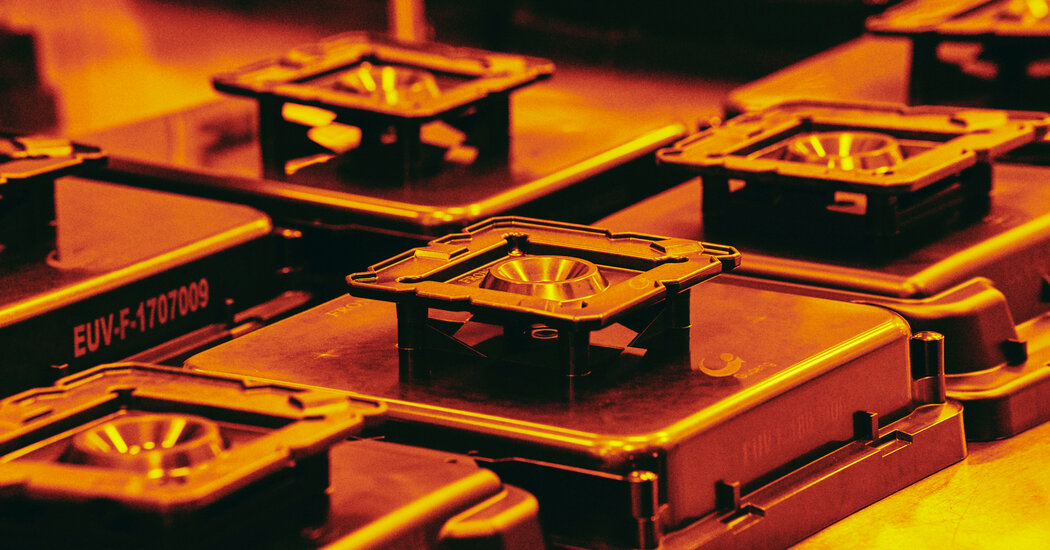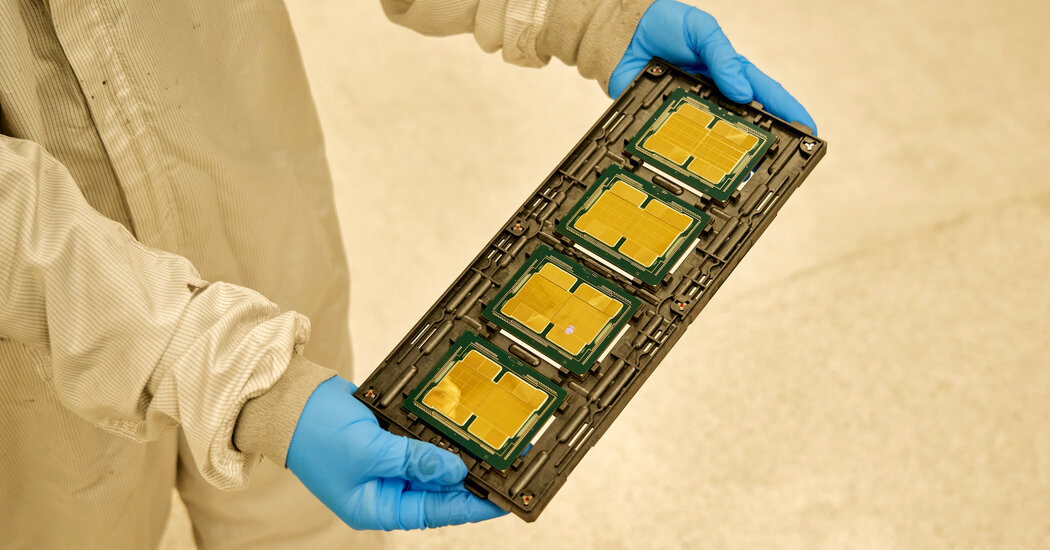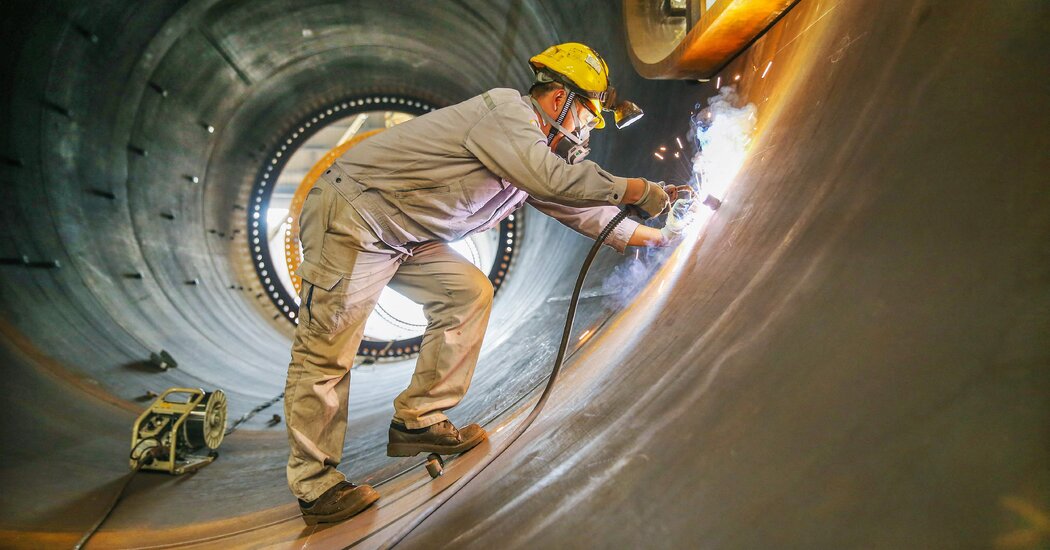China’s political leaders, under pressure to support the country’s fragile recovery, are slowly steering the economy on a new course. No longer able to rely on real estate and local debt to drive growth, they are instead investing more heavily in manufacturing and increasing borrowing by the central government. For the first time since 2005, when comparable record keeping in China began, banks controlled by the state have started a sustained reduction in real estate lending, data released last week showed. Enormous sums are instead being channeled to manufacturers, particularly…
Tag: International Trade and World Market
U.S. Retailers Say an Old Trade Law Puts Them at a Disadvantage
American retailers have faced an existential crisis since e-commerce disrupted the industry’s traditional business models. But their latest threat, a group of retailers and policymakers say, is coming from a nearly century-old trade rule that has given their e-commerce rivals — many of them founded in China — an unfair advantage. The rule, known as de minimis, allows companies to ship packages worth less than $800 into the United States without paying duties and fees that Customs and Border Protection enforces. Nearly three million de minimis shipments enter the United…
Why China-Australia Relations Are Warming. Sort of.
Since 2017, Australia has played David to China’s Goliath: rejecting Chinese pressure to adopt Huawei technology, calling out Chinese political interference, and demanding an inquiry into Covid-19’s origins, even as Beijing blocked Australian imports ranging from coal to wine. Now, with Australia’s prime minister, Anthony Albanese, landing in Beijing on Saturday for a three-day visit and a meeting with China’s leader, Xi Jinping, reconciliation is advancing — but with limits. Mr. Albanese’s trip represents a small step back to economic and diplomatic stability after a long march into distrust. China’s…
U.S. Faces Tricky Questions With African Trade Group
As the United States seeks to deepen its relationships with African nations and counter the influence of rivals like Russia and China, it confronts a tricky question: How does it respond when countries do things that run afoul of Washington’s stated commitment to democracy and human rights? That tension hung over a major trade conference between the U.S. and African countries that started in Johannesburg this week, after President Biden announced that he was suspending four nations from a critical trade program that aims to promote economic development in Africa.…
Biden and Albanese Say the U.S. and Australia Stand Together With Israel
President Biden and Prime Minister Anthony Albanese of Australia expressed their shared condemnation of the Hamas attack this month on Israeli civilians and soldiers, saying during a state visit on Wednesday that they would stand with Israel. In a visit laden with ceremony, military pomp and personal references, the two leaders made every effort to show that the United States-Australia alliance was about more than just the military might of two countries that also cooperate on issues including artificial intelligence and the development of critical minerals. But, given their close…
State Dinner to Bring Together Biden, Australia’s Leader and the B-52s
Five months ago, President Biden canceled a trip to Australia because the United States was on the brink of defaulting on its debt, and it seemed like a bad time to leave town. Then he extended an invitation to Anthony Albanese, the prime minister of Australia, for a state visit in Washington — a redo of sorts, when things would be calmer. Then again, maybe there’s never really a good time. This week, Mr. Biden is steering American involvement in two overseas wars and monitoring the continuing calamity of a…
Anthony Albanese to Visit Xi Jinping as China-Australia Tensions Ease
Australia’s prime minister, Anthony Albanese, announced on Sunday that he would visit China early next month, meeting with its top leader, Xi Jinping. Such a visit would be the first by an Australian leader since 2016 and another sign of easing tensions between the two nations, along with the recent release of a detained Australian journalist and a breakthrough on talks aimed at removing staggering tariffs on Australian wine that China imposed three years ago. China is Australia’s biggest overseas market, with exports and services to China forming nearly one-third…
The Multimillion-Dollar Machines at the Center of the U.S.-China Rivalry
They are smooth white boxes, roughly the size of large cargo vans, and they are now at the heart of the U.S.-Chinese technology conflict. As the United States tries to slow China’s progress toward technological advances that could help its military, the complex lithography machines that print intricate circuitry on computer chips have become a key choke point. The machines are central to China’s efforts to develop its own chip-making industry, but China does not yet have the technology to make them, at least in their most advanced forms. This…
U.S. Tightens China’s Access to A.I. Chips
The Biden administration on Tuesday announced additional limits on sales of advanced semiconductors by American firms, shoring up restrictions issued last October to limit China’s progress on supercomputing and artificial intelligence. The rules appear likely to halt most shipments of advanced semiconductors from the United States to Chinese data centers, which use them to produce models capable of artificial intelligence. More U.S. companies seeking to sell China advanced chips, or the machinery used to make them, will be required to notify the government of their plans, or obtain a special…
China’s Economy Grew More Than Expected Over the Summer
China’s economy grew more than expected over the summer, as the government offset some of the harm from a real estate crisis by pouring money into infrastructure construction projects, like building rail lines. Data released on Wednesday showed that gross domestic product grew from July through September compared with the prior three months. Industrial production of everything from chemicals to steel began to stabilize as the government built more roads, sewage lines and other public works. China’s economy, the world’s second largest, has struggled since the spring, as housing sales…

